Description
Azithromycin 500mg capsules are a type of antibiotic that works by interfering with bacterial protein production. It targets the 50S subunit of the bacterial ribosome, stopping the bacteria from making proteins they need to grow and reproduce. This action helps eliminate a variety of bacterial infections. Azithromycin is effective against both Gram-positive and Gram-negative bacteria, making it a versatile treatment option.
Ingredients
Each capsule contains 500mg of Azithromycin.
Drug Class
Macrolide Antibiotic
Dosage Form
Capsule
Uses
Azithromycin is used to treat several bacterial infections, including:
-
Pneumonia, bronchitis, and sinus infections
-
Middle ear infections, especially in children
-
Sexually transmitted diseases like chlamydia
-
Skin conditions such as acne and rosacea
-
Traveler’s infections
-
Severe throat and tonsil infections
-
Certain gastrointestinal infections
-
Respiratory tract infections
Dosage
Always follow your doctor’s instructions for dosing. For general guidance:
-
Adults: 500mg once a day or 250mg twice a day
-
Typhoid fever: 500mg to 1000mg daily for 5-7 days
-
Children (6 months and older): 5 to 12 mg/kg/day on day 1, followed by 5-6 mg/kg/day, with a usual max dose of 500mg/dose
In Case of Overdose
If you suspect an overdose, contact a healthcare professional or a poison control center immediately. Symptoms can include nausea, vomiting, and abdominal pain, and treatment will depend on the severity.
Missed Dose
If you miss a dose, take it as soon as you remember. If your next dose is almost due, skip the missed dose. Don’t double the dose to make up for the missed one. Contact your healthcare provider if you miss multiple doses.
How to Use
Swallow the capsule whole with a glass of water, preferably on an empty stomach, as directed by your healthcare provider.
When Not to Use
Do not use Azithromycin if:
-
You are allergic to Azithromycin or other macrolide antibiotics
-
You have a history of myasthenia gravis, as it may worsen muscle weakness
-
You have certain heart issues, like QT prolongation
-
You have liver or kidney problems
-
You’re allergic to any components of the medication
Side Effects
Common side effects may include:
-
Nausea, vomiting, or diarrhea
-
Abdominal pain or headache
-
Dizziness or fatigue
-
Skin rashes or changes in taste
If any side effects are severe or persistent, contact your doctor.
Precautions & Warnings
-
If you have allergies to Azithromycin or any other antibiotics, let your doctor know.
-
Patients with liver or kidney issues may require dosage adjustments.
-
Azithromycin can cause severe allergic reactions in rare cases; seek immediate medical help if you notice symptoms like rapid heartbeat or swelling.
-
Prolonged use may lead to overgrowth of other bacteria or fungi.
-
Use cautiously if you are elderly, as you may be more susceptible to heart issues.
-
If you experience severe diarrhea, it may indicate a new infection, and you should contact your healthcare provider.
Drug Interactions
Be cautious with medications that affect the heart’s rhythm (e.g., amiodarone) or liver enzymes (e.g., rifampin).
Other drug interactions may include:
-
Statins (risk of side effects)
-
Anticoagulants like warfarin (may need monitoring)
-
Oral contraceptives (use alternative birth control methods)
-
Other antibiotics (e.g., erythromycin)
Food Interactions
-
Avoid grapefruit and grapefruit juice
-
Alcohol may increase gastrointestinal side effects
-
Dairy products, caffeine, fatty meals, and certain antacids can interfere with the absorption of Azithromycin. It’s best to take the medication on an empty stomach or with a light meal.
Storage/Disposal
Store Azithromycin capsules at room temperature in a dry, cool place. Keep them in their original packaging, tightly sealed. Never store in damp or hot places, such as bathrooms. Check the expiration date before use, and dispose of expired medication safely. Consult a pharmacist for proper disposal.
Quick Tips
-
Always take as directed by your doctor.
-
Don’t crush, chew, or break the capsule; swallow it whole.
-
Complete the full prescribed course even if you start feeling better.
-
Keep the medication away from children.
Laboratory Screening
Tests like Blood Culture or TyphiDot (IgM) are useful for confirming infections. If you experience heart rhythm issues, a CT scan may be recommended.


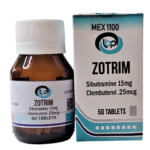

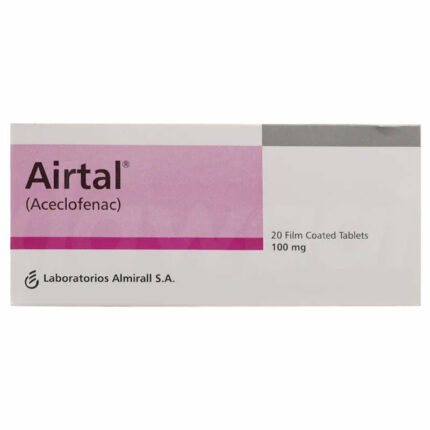
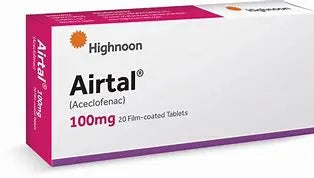
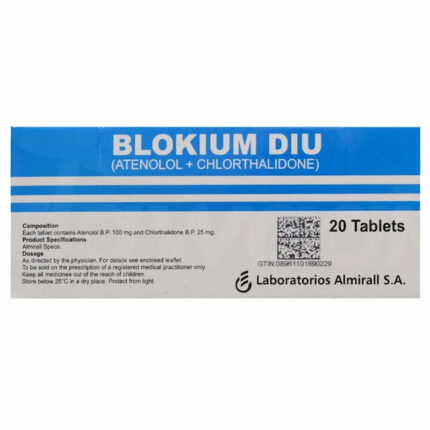

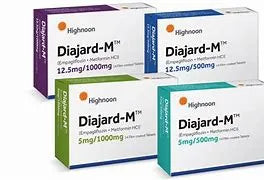
Reviews
There are no reviews yet.